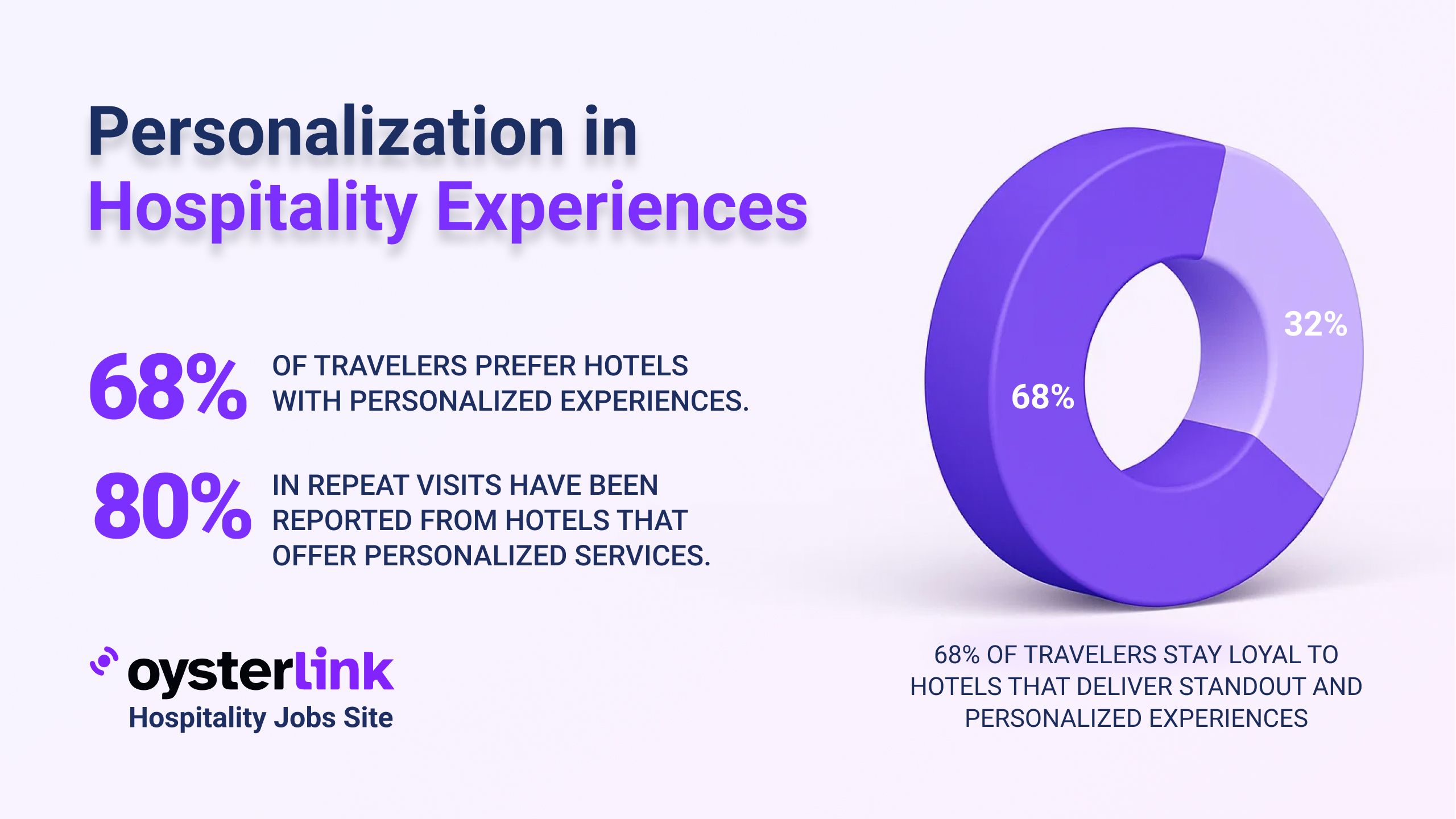Iowa Cost of Living: Quick Takeaways
- Housing Costs: Average rent for a one-bedroom apartment in Iowa is projected to reach $1,106 in 2025.
- Home Prices: Median home price estimated at $230,197 in 2025, showing steady growth over the years.
- Transportation Costs: Public transit fares average $1.75 per ride with monthly passes at $65, fuel costs about $3.15 per gallon.
- Overall Affordability: Iowa’s overall cost of living is approximately 13% lower than the national average, especially affordable in housing and utilities.
Iowa offers a cost of living well below the national average, making it attractive for residents seeking affordability without sacrificing quality.
This article provides a comprehensive breakdown of living costs in Iowa for 2025, covering housing, transportation, utilities, and more.
1. Housing Costs in Iowa
Housing expenses are a major factor in Iowa's affordability. Here is the historical average rent for a one-bedroom apartment:
- 2010: $600
- 2015: $700
- 2020: $850
- 2024: $940
- 2025: $1,106
These figures confirm a steady increase in rental rates reflecting demand and economic conditions in Iowa.
Employers planning to hire restaurant staff in Iowa should keep an eye on local housing costs as they affect job relocation and employee retention. For more insights, see our restaurant staff hiring guide.
2. Homeownership and Real Estate Trends in Iowa
Purchasing a home has become more expensive but still affordable relative to many other states. Median home prices over the years include:
- 2010: $120,000
- 2015: $150,000
- 2020: $180,000
- 2024: $223,000
- 2025: $230,197
Iowa's real estate market has seen gradual home price appreciation, supporting both investment and homeownership opportunities.
3. Transportation Expenses in Iowa
Transportation costs include various commuting and travel expenses within Iowa:
- Public Transit One-Way Fare: $1.75
- Monthly Public Transit Pass: $65.00
- Fuel Costs: $3.15 per gallon
- Annual Vehicle Maintenance: $1,200
These costs can fluctuate based on individual usage but reflect typical transportation expenses in Iowa.
For hospitality businesses, understanding transportation expenses can help optimize employee commute options and scheduling. Explore strategies in our seasonal hiring strategies guide for top hotels.
4. Utility Costs in Iowa
Monthly utility costs for an average household typically cover:
- Electricity: $100.00
- Internet: $60.00
- Total Utilities: $160.00
Iowa's utility costs are generally lower than many other locations, contributing to the lower cost of living.
5. Grocery and Food Expenses in Iowa
Food expenses include both groceries and dining out:
Monthly grocery cost per person averages $227.32. Dining out costs range from $15 for casual meals to $50 for mid-range options.
Restaurants in Iowa might benefit from knowing these dining out averages for pricing and menu planning. Discover more in our restaurant consumer trends article.
6. Healthcare Costs in Iowa
Healthcare costs include insurance premiums and out-of-pocket expenses:
Employer-sponsored health insurance costs about $153.75 per month, while a Silver plan averages $500 monthly.
7. Educational Expenses in Iowa
Iowa provides access to various education types with differing costs:
- Public Schools: Generally tuition-free as funded by taxes
- Private Schools: Average tuition around $10,000 yearly
- In-State University Tuition: Approximately $9,000 annually
8. Entertainment and Leisure in Iowa
Entertainment and leisure activities include:
- Movie Ticket: $12
- Gym Membership: $40 per month
- Mid-Range Restaurant Meal: $50
Annual entertainment expenses average about $2,000, supporting quality leisure time in Iowa.
9. Taxes and Miscellaneous Fees in Iowa
Taxation in Iowa features:
- State Income Tax Rate: Ranges from 0.33% to 8.53%
- Sales Tax: Generally 6%
- Property Tax Rate: Around 1.53%
These taxes impact residents' total cost of living and vary by income and location.
10. Childcare and Family Expenses in Iowa
Family-related expenses include daycare and extracurricular costs:
- Daycare Monthly Cost: $800
- After-School Programs: $300 monthly
- Extracurricular Activities: $100 monthly
11. Clothing and Personal Care in Iowa
Typical clothing and personal care spending is:
- Clothing: $100 monthly
- Personal Care Products and Services: $50 monthly
12. Insurance Costs in Iowa
Insurance premiums contribute to living costs:
- Health Insurance Monthly Premium: $500
- Auto Insurance Annual: $841.62
- Homeowners Insurance Annual: $1,200
- Renters Insurance Annual: $180
Hospitality employers should also consider insurance costs when budgeting for their staff. Learn more about insurance essentials for restaurant owners.
13. Miscellaneous Expenses in Iowa
Additional annual expenditure categories include:
- Entertainment: $2,000
- Personal Care Services: $600
- Miscellaneous Goods and Services: $700
14. Income and Salaries in Iowa
Median household income has seen steady growth:
- 2010: $48,000
- 2015: $55,000
- 2020: $60,000
- 2023: $65,000
- 2025: $68,000
For hospitality professionals, understanding local salary trends is crucial. Check out our detailed insights on hospitality wages in 2025 and what they mean for hiring.
15. Comparison with National Averages
Iowa's living costs compared to national averages:
- Overall Cost of Living: Approximately 13% below the national average
- Housing: 27% lower than national average
- Utilities: 12% lower
- Food: 3% lower
- Healthcare: 5% lower
- Transportation: About 1% higher
- Goods and Services: 65% higher but influenced by specific items
Our Methodology for Iowa Cost of Living Figures
To compile these insights, we utilize various reliable data sources including government records, economic databases, and cost of living indexes. Some figures are estimations where direct data is unavailable, ensuring a comprehensive overview.
Iowa Cost of Living: Conclusion
Iowa remains a highly affordable state with living costs typically below national averages, particularly in housing and utilities.
The state's stable housing market and reasonable transportation and healthcare expenses contribute to its appeal for individuals and families looking to optimize their budgets.
Having a clear understanding of these factors equips residents and newcomers to plan wisely for living comfortably in Iowa in 2025 and beyond.
Finally, if you are considering careers in hospitality within Iowa, you may find our restaurant manager career guide and bartender job description helpful to understand opportunities in the local job market.



.jpg)

.jpg)